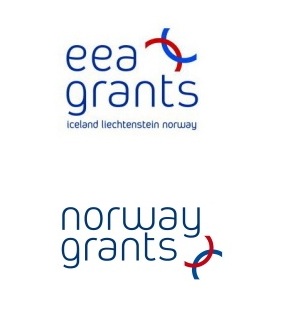Methodology
The present study was conducted employing qualitative methods. The main method employed was the semi-structured in-depth interview. This is the method most suited to the study of the issues defined within the project, in addition, it fits perfectly within the times – we live in a “interview society”, the interview is ubiquitous. We carried out nearly 60 (exactly 56) two-hour interviews.
The sample studied was in no way representative – as is usual in the case of studies on “hidden” communities; it was rather aim-oriented, obtained by the “snowball method”, or by locating prospective interviewees in meeting places or at work. The question were of an open character, allowing the interviewees to freely lay out accounts of their lives as emigrants.
The study was carried out in Reykjavik, because it is here that resident Poles are subject to acculturation processes. There are Poles who reside in fishing villages along the coast, but in most cases they represent a model of incomplete emigration: earn your money here (i.e. in Iceland), spend it there (in Poland); they live within closed Polish groups, rarely interacting with Icelandic society, and plan to return to Poland. There do exist individuals who, living in the villages, have decided to remain there permanently – but as shown in our study (Olof Juliousdóttir, in the present volume), they seldom undergo acculturation processes.
Other than the interviews, our report also makes use of certain pre-existing data: statistics, opinions encountered in the Internet, results of other studies, press articles and government documents concerning policy on immigration and integration.



